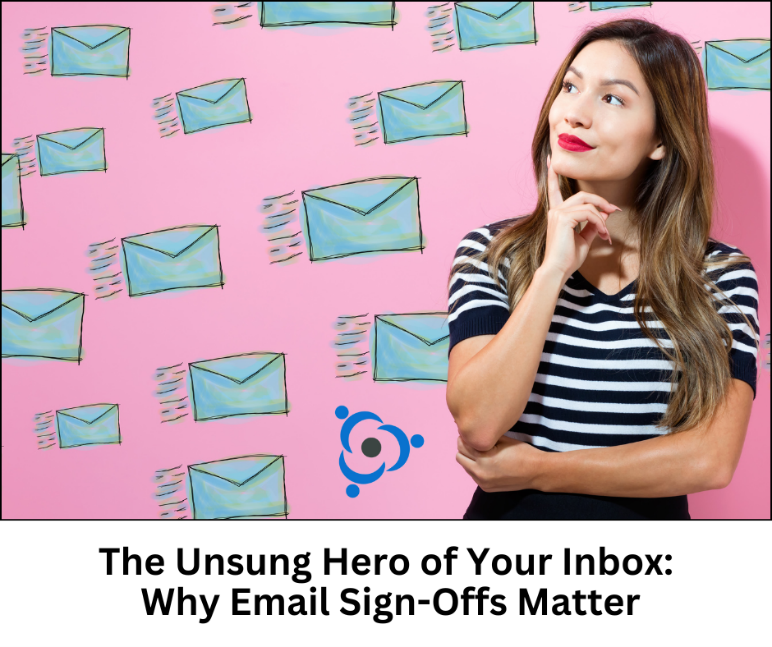
We spend time perfecting subject lines, tightening wording, and formatting messages – but what about how we sign off?
Your email sign-off is more than just polite protocol. It’s often your final impression, shaping how you’re remembered and influencing your credibility and connection.
Oxygen8 breaks down why this small detail plays a big role in professional communication – and how to get it right.
Email sign-offs have psychological power. Here’s why they matter:
Your closing words linger – they create tone, reinforce your professionalism, and leave a mental “echo.”
Tone should match message, context, and audience. Here are some effective options:
Pro Tip: Be consistent across your team – it reflects brand coherence.
Your email signature supports your sign-off. It should be:
Include:
“We didn’t realise how inconsistent our email tone had become across the team. Susan helped us refresh our comms templates – even the signature – and now we sound more like one business.”
– Angela Jones, Curtain Clinic
Angela had been running the business on instinct for nearly 30 years. With Susan’s guidance, she brought structure to her communication, clarified tone across the team, and built confidence in how the business presents itself online.
The result? A more cohesive team voice and better client perception – even in the inbox.
Your sign-off is your last word – and your lasting impression.
It might be small, but done right, it improves clarity, strengthens relationships, and shows you care about professionalism in every interaction.
Want your communication systems to reflect the quality of your work?
Michael (Mike) Law is a seasoned, intuitive business consultant who partners with business owners and directors to help them identify their goals, strategise effectively, and navigate the journey toward outstanding results.
With more than 25 years’ experience in business and general management, Mike brings a practical and action-oriented mindset to every engagement-tailored to the unique needs of New Zealand’s SMEs.
“My role is to turn business vision into workable actions-and support owners to execute with confidence.”